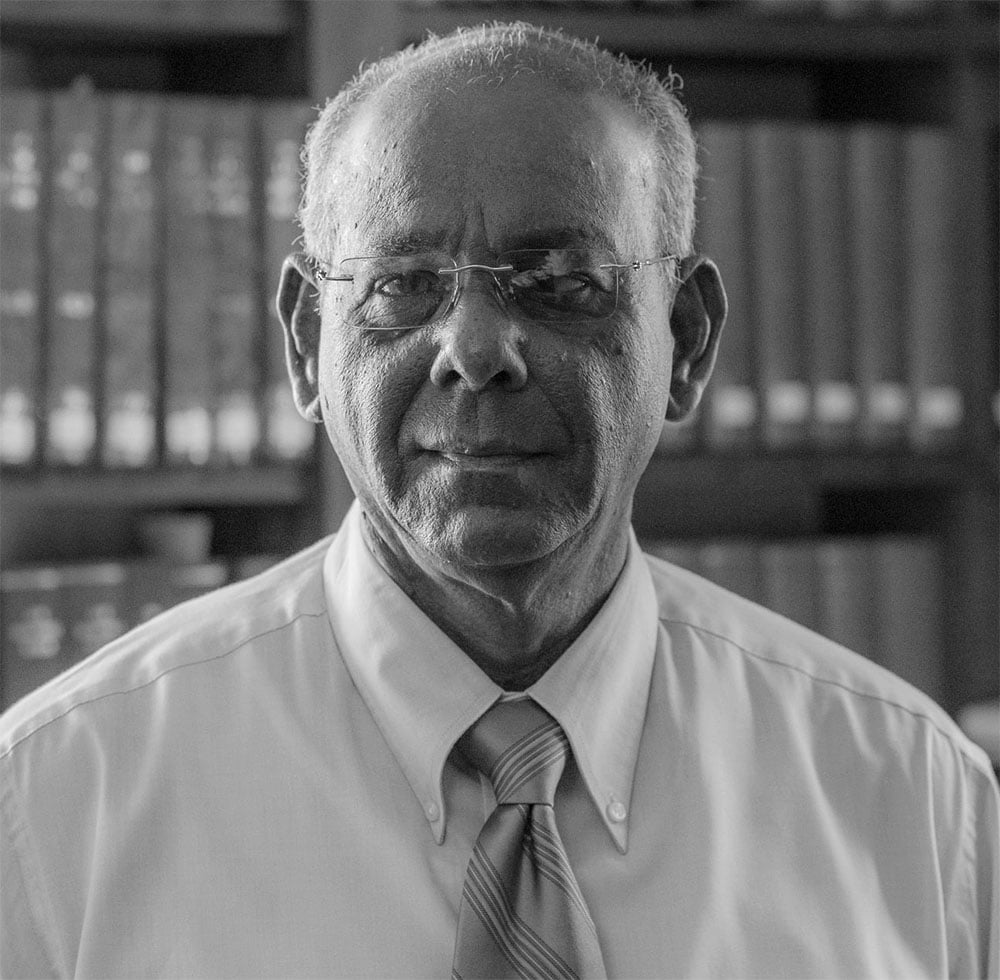Former Speaker of the National Assembly Ralph Ramkarran has called on the government to end what he described as a “decades old stand-off” between itself and the Georgetown City Council since it is the senior party in the stand-off and has overall responsibility for the welfare of all citizens in Guyana.
Writing in his weekly column Conversation Tree, Ramkarran, who stated that the confrontation between the two has gone on too long and should end now, believes that Georgetown offers the opportunity to transform political conditions in Guyana.
“The PPP can never win the Mayoralty and the majority of seats on the City Council. But it needs a functioning City Council to assist with the management of the city, which is in the process of transformation. The transformation will become more intense and unless the government wants it to continue haphazardly, it needs negotiated outcomes with the City Council,” Ramkarran posited.
He pointed out that the stand-off between the government and the council is rooted in three main issues, namely, lack of resources, financial accountability and mistrust.
“There is, of course, the broader issue of government (PPP)/opposition (APNU) relations. Perpetually bad, these relations are now at their lowest ebb, bedeviled by competitive hostility, while the ethnic entrepreneurs are working overtime to keep them there,” he added.
Ramkarran noted that the council does not have access to adequate resources and is not likely to have any time soon.
He gave the example of him paying the same rates and taxes that his father paid for a home he built since in 1980, an issue he said both parties are aware of but not willing to antagonize the residents of the city by increasing the rates and taxes.
Consequently, the City Council remains perpetually starved of funds.
“The necessity for the government to continue to finance works that are the city’s responsibility will remain,” he stressed.
He called on the government to assist the council in auditing its financing and seek an agreement for collaboration in spending resources that the government may wish to advance.
“Keeping the city clean and drained is an area of potential collaboration. To have areas of the city cleaned when the President visits and orders it is not an effective way,” he pointed out.
Working together on the auditing Ramkarran believes can lead to improved relations and more effective management of the city’s affairs. And if successful then other areas “can be brought into collaborative management and innovative ways found for fundraising, such as a revised and affordable fee for parking in the city, which was tried earlier and rejected because of the burdensome charges”.
And the reputation of both parties can be enhanced if they collaborate in setting reasonable timelines for granting of building permission and other statutory services and having skilled technicians available to the council, including the employment of private resources to assist. The timelines, Ramkarran said, should be made public.
And overall Ramkarran called for collaboration between the government and opposition in Regional Democratic Councils (RDCs) and Neighbourhood Democratic Councils (NDCs) “so that their constituents would have better services and the political climate would improve.
“If the government and opposition decide to change course in the Georgetown City Council, it will have spinoff effects all the way down. It is very difficult to comprehend how Guyana can move forward in a high-tech business environment and promoting high-tech development in a political environment, riven by ethno-political domination, that has remained static since 1957 and is ‘trogdalitically’ backward,” he added.
And he pointed out that if the two cannot get on at the national and local levels then it cannot be expected “we will be able to take full advantage of the bounties that petroleum resources will provide.
“The City Council cannot manage its business effectively and efficiently and the government cannot manage it for them. It is in everyone’s interest that we have a City Council that is functioning in the interests of city dwellers and vast local and foreign investments that are being made and will be made in the city.”
Only recently President Irfaan Ali attracted criticism when he said that it was no longer realistic to wait on the City Council to undertake important works in the various wards. “It’s hopeless,” he was quoted as saying, “we have to do it directly from the central government.” On a walkabout in the Kingston and Alberttown wards the President referred to a decision to have the Ministry of Public Works together with councillors organise a group of residents to clean all the alleyways and drainage in the area. “We are going to work in the community,” he said.




